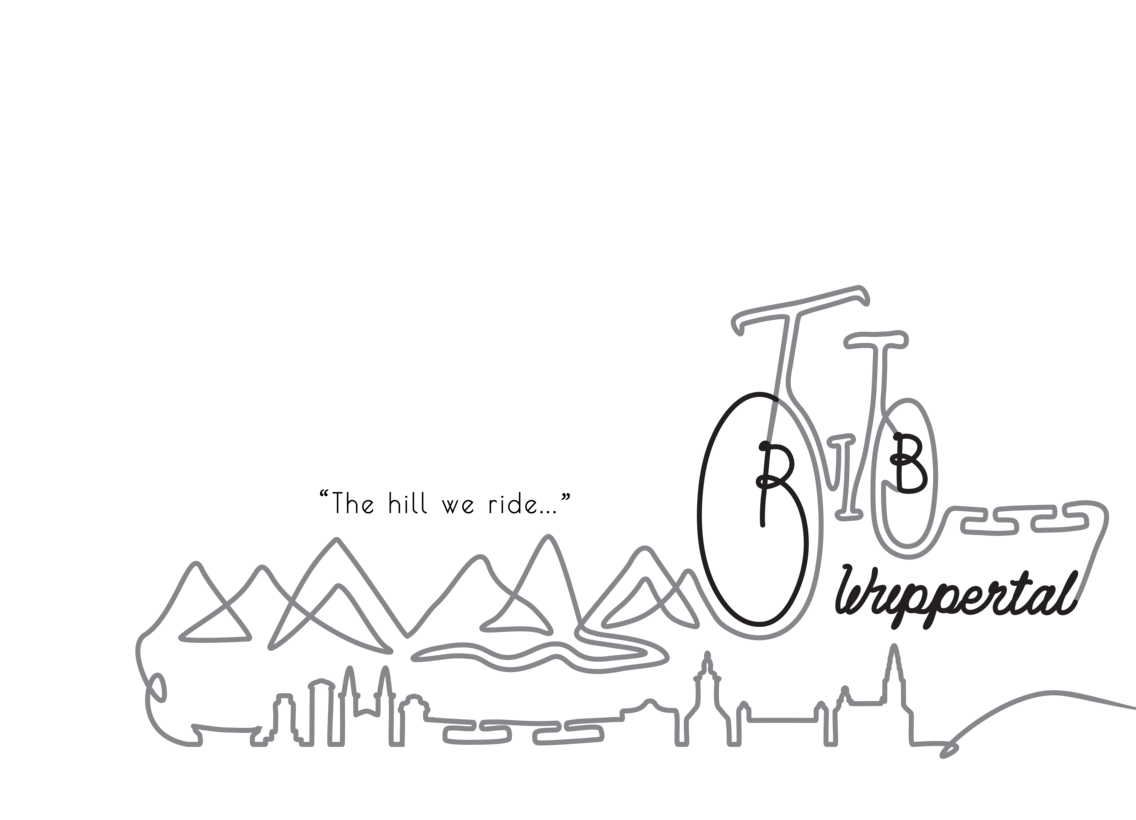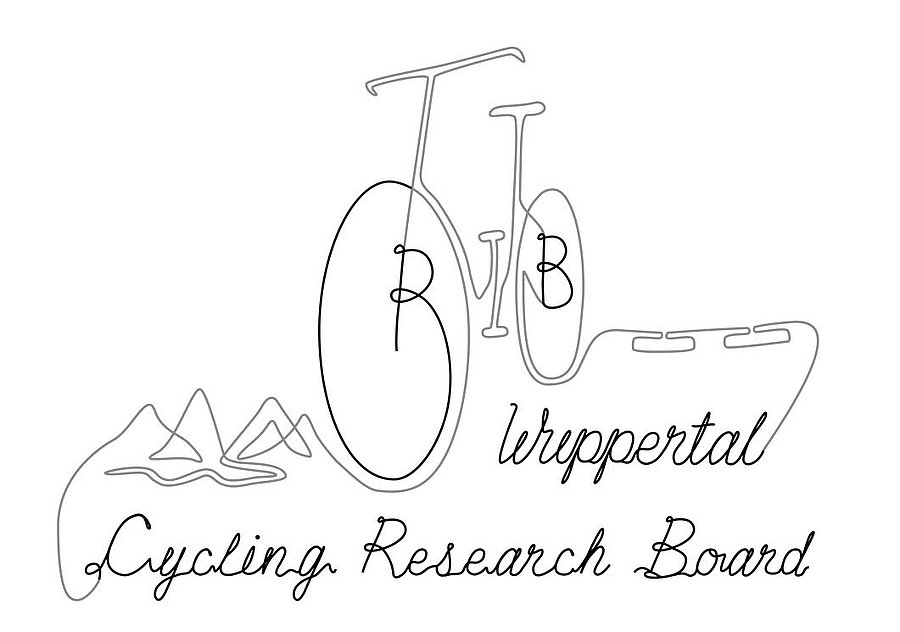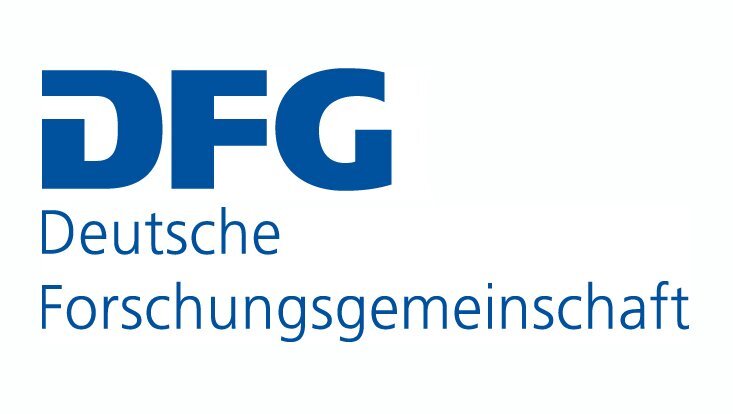Looking Back at CRBAM23 in Wuppertal
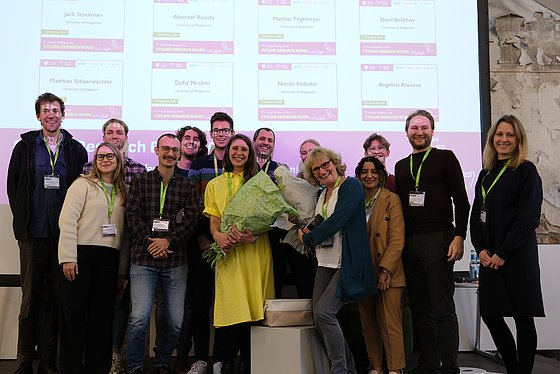
Thank you to all who joined us in Wuppertal for the 7th Annual Meeting of the Cycling Research Board from October 25th to 27th, 2023.
Our team in the Chair of Bicycle Traffic at the University of Wuppertal was honored to host you at this first CRBAM held in Germany. We were pleased to welcome 131 participants from 19 countries across 5 continents who engaged in our program including 28 sessions with contributions from 95 speakers representing a variety of disciplines and researchers at various stages in their career. It was an exciting three-day event with impressive presentations, engaging workshops, and interactive discussions about the role of cycling in changing mobility systems.
About the CRBAM
"The Hill We Ride"
Wuppertal was the first starter cycling city to host the CRBAM. Sharing a sometimes rainy climate with the previous champion cycling host cities in the Netherlands and Denmark, ours was the first bringing the conference to a very hilly region with sparse urban cycling infrastructure and a correspondingly low modal share of cycling. But there is a local will to change! With this environmental and cultural backdrop, the 2023 CRB Annual Meeting centered around a reflection on our theme “the hill we ride” to nurture cycling in places that are not inherently cycling-friendly.
You can learn more about CRBAM23 by reading our Conference Program and the Book of Abstracts including extended abstracts from all our contributors.
The CRBAM invites a variety of perspectives, especially from early career researchers. Participants are encouraged to submit work, even early stage work, that reflects a variety of inter- and transdisciplinary topics, including:
- Creative approaches to promoting cycling
- Innovative methodologies to study cycling
- Using cycling to challenge/rethink assumptions about mobility
- Critical approaches to transport technology and innovation
A primary goal of this Annual Meeting is to foster an interdisciplinary networking opportunities for academics, practitioners, and policy makers involved in research to strengthen alliances and facilitate the transfer of knowledge to action. With cycling a common topic, the CRBAM is a unique gathering that brings together researchers from a broad range of fields—including social scientist, engineers, data scientists, psychologists, geographers, physicists, and other disciplines—to discuss their work in a constructive environment in which mutual support in developing applied and fundamental research, skills and knowledge is central.
Essential to the CRBAM is a well-structured social and workshop-based program that serves as a platform to sharing current work and generating new ideas to enhance future research. Bending conventional conference rules, no one attending the Annual Meeting is a passive visitor and all sessions are co-created with presenters provoke interactive dialogues between and among the speakers and audience. With numerous other opportunities for researchers to deliver standard presentations, sessions at this conference invite speakers to test using a variety of disruptive moderating approaches, such as the 33 Liberating Structures (e.g., 1-2-4-All, troika consulting, etc.) and other non-traditional methods for facilitating dynamic and interactive discussions.
Along with sessions focusing on individual and collaborative research, the annual program features workshops focused on important skills and knowledge for researchers as well as a fishbowl discussion highlighting different perspectives on the challenges and solutions for creating cycling cities. Social activities are organized before, during, and after the conference to help extend the conversations outside of the conference venue to promote network building and collaborations among participants.
For information about the next CRBAM, see: www.cyclingresearchboard.com
CRBAM23 Special Issue
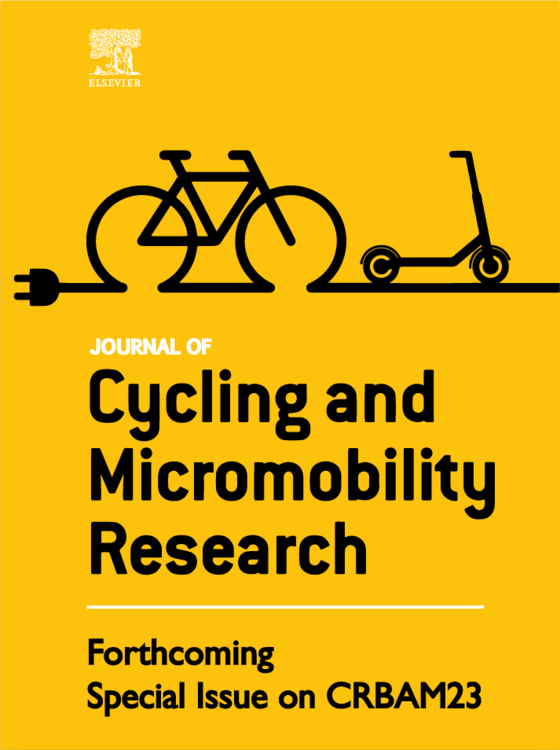
As an exciting first for the Cycling Research Board Annual Meeting, authors of selected high-quality abstracts and contributions to the conference program are invited to submit a full-length article for the inaugural CRBAM23 Special issue to be published in the new Journal of Cycling and Micromobility Research. This forthcoming Special Issue “Cycling Research Board Annual Meeting 2023: The Hill We Ride” will include articles that capture ground-breaking research brought to the conference to export our community's expertise to a global audience.
Submission is by invitation only. Invirtations were sent to prospective authors in early 2023. With articles to be published on a rolling basis following a signle-blind review process and acceptance by our editoral board, we anticipate the full open-access Special Issue to be published online by early 2025.
Published articles
- Links to all articles included in this Special Issue will be provided here upon publication.
Guest editorial board:
- Univ.-Prof. Dr.-Ing. Heather Kaths (University of Wuppertal)
- Cat Silva, M.A. (University of Wuppertal)
- Prof. Dr. Marco te Brömmelstroet (University of Amsterdam)
- Dr. Justin Spinney (Cardiff University)
Journal editor:
- Dr. Eva Heinen (TU Dortmund)

